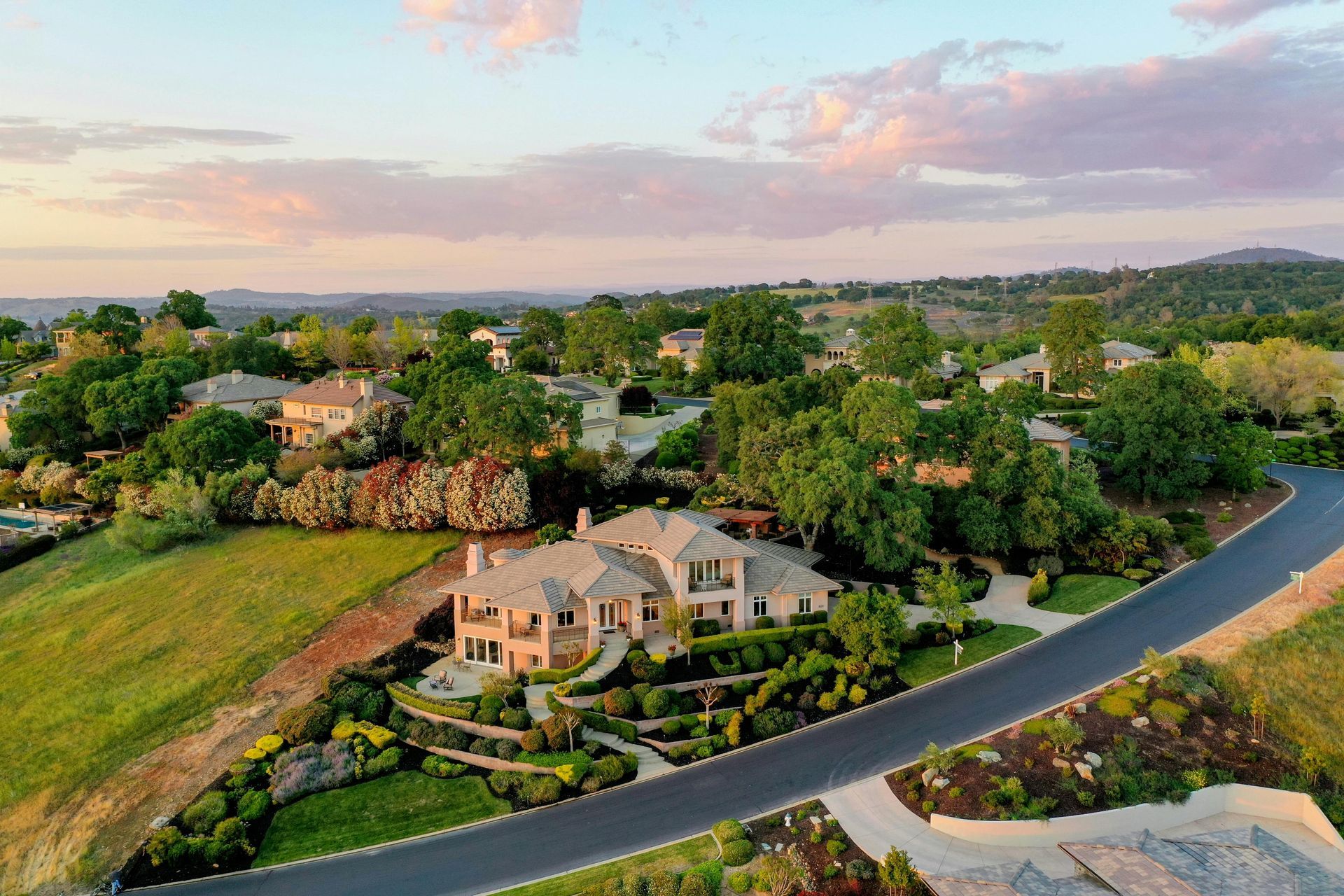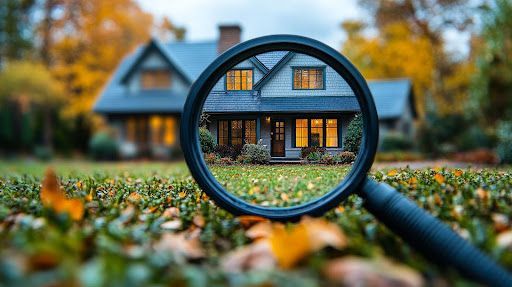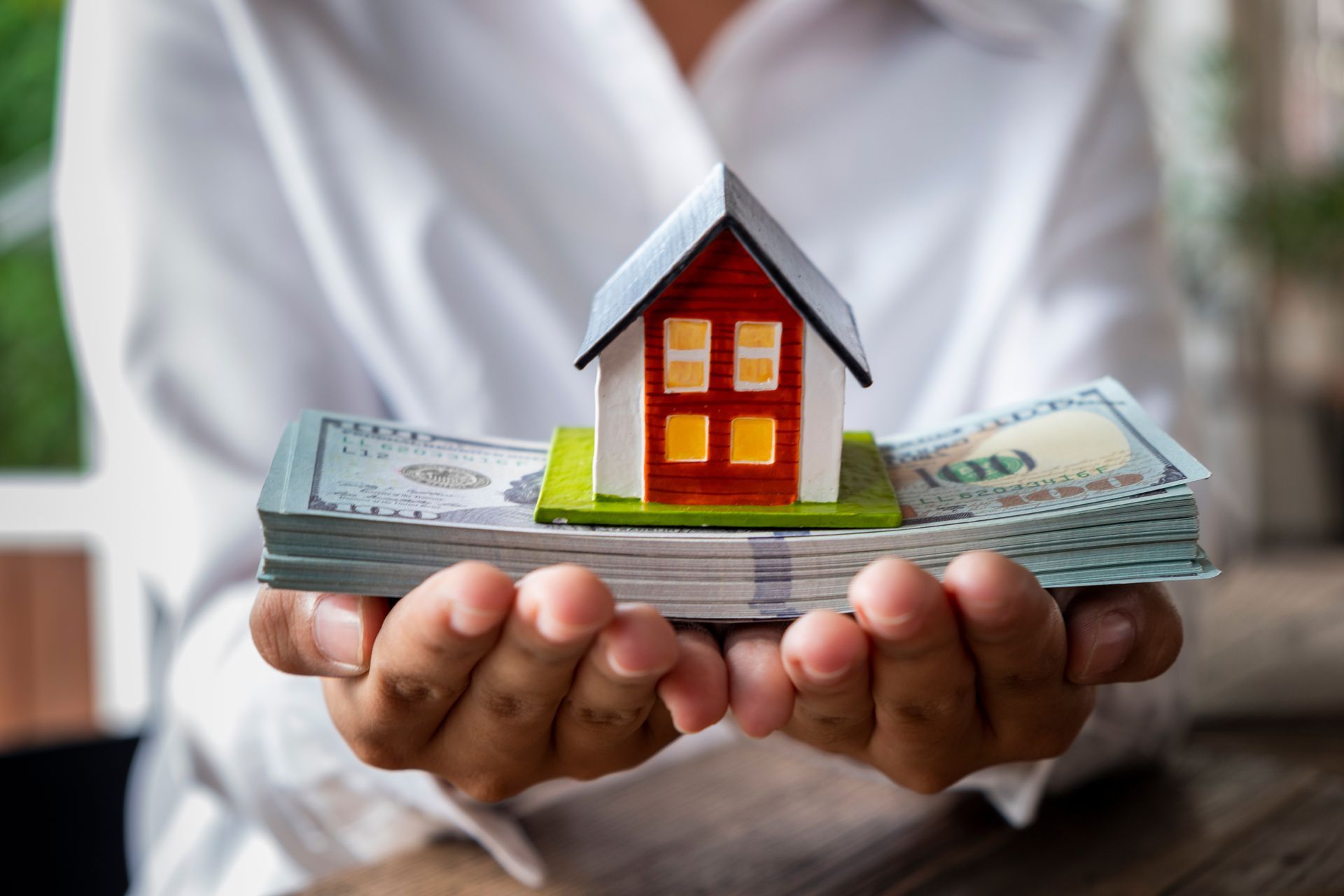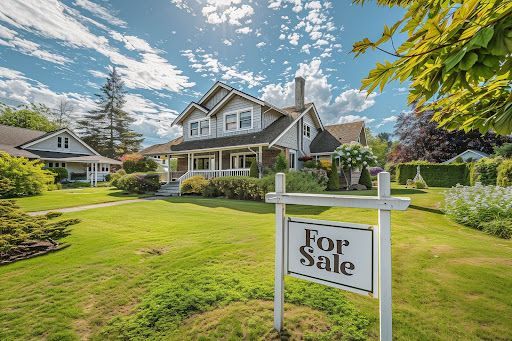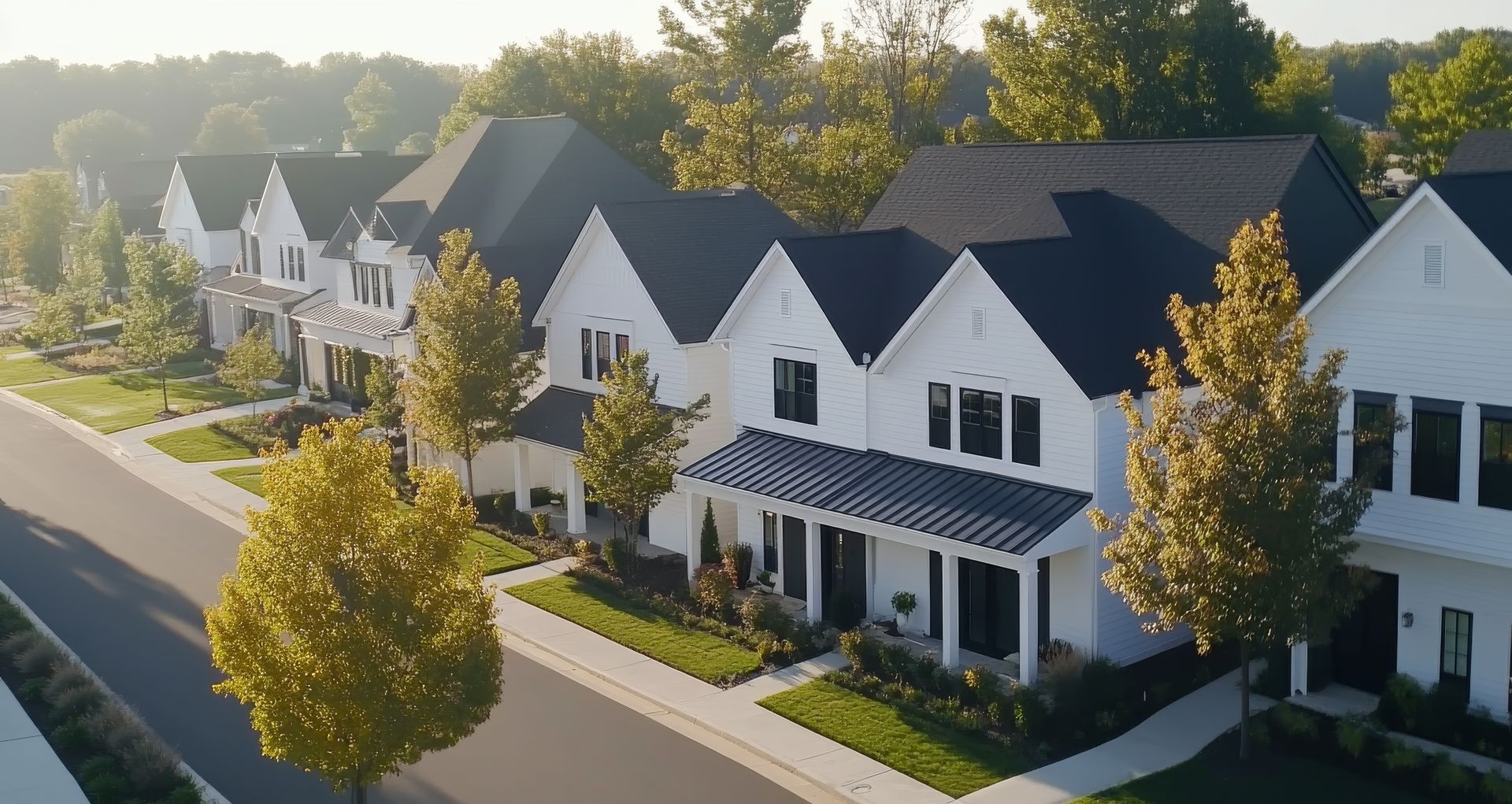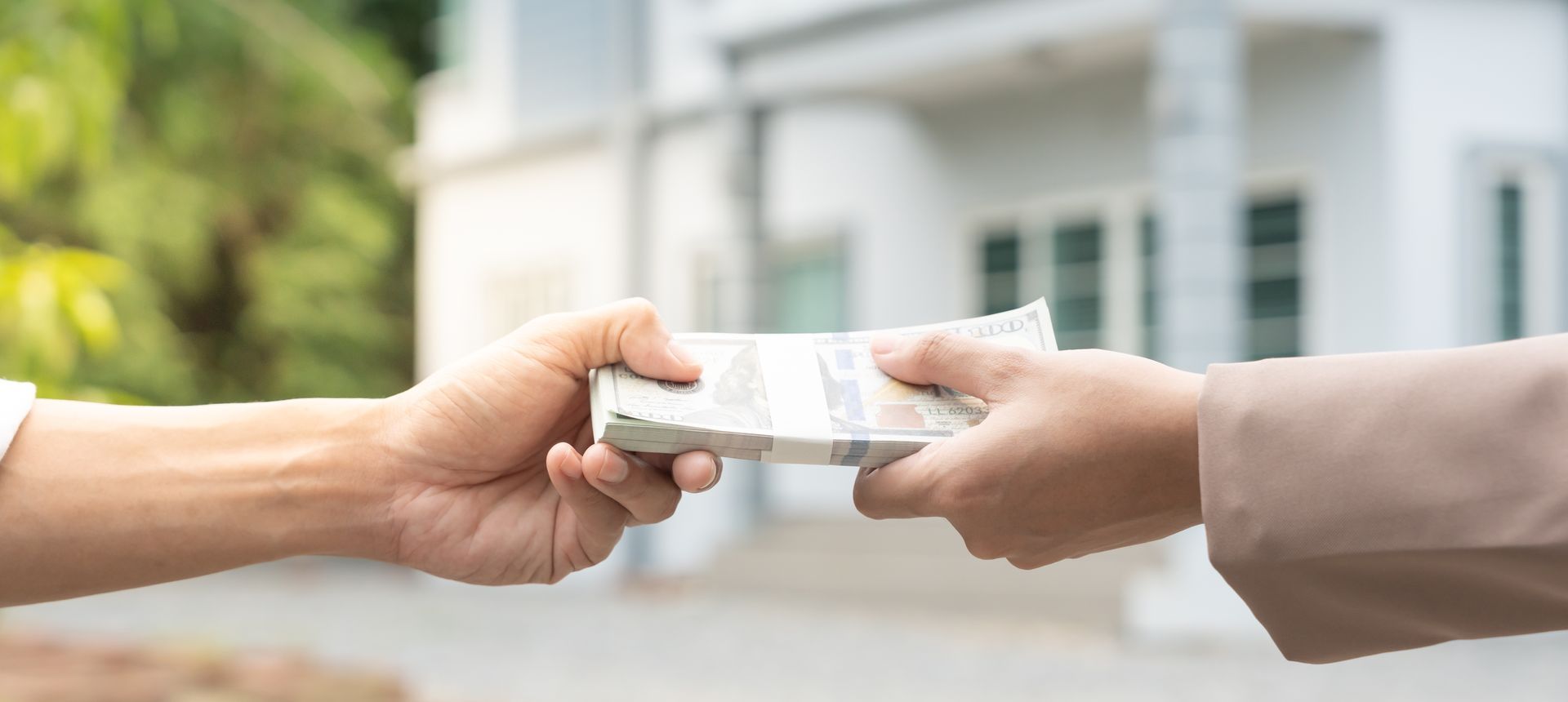The Integration of Smart Home Technology in Real Estate
The integration of smart home technology into real estate is revolutionizing the industry. This technological advancement is not just a fleeting trend but a significant shift influencing property values, marketing strategies, and buyer preferences. Cities like Atlanta and Pittsburgh are at the forefront of this evolution, showcasing how smart devices are redefining modern living spaces.
The Growing Trend of Smart Homes
In the United States, the adoption of smart home devices is steadily increasing. A report by Statista predicts that the number of
smart homes
will reach 77 million by 2025. This surge is driven by millennials and Gen Z, who prioritize advanced technologies in their living spaces. As a result, the real estate market is being reshaped, with sellers incorporating smart features to meet these evolving expectations.
Impact on Property Value
Smart home devices, including thermostats, lighting, and security systems, have become essential in enhancing a property's appeal. These devices offer convenience, energy efficiency, and improved security, making homes more attractive to potential buyers. For instance, homes with smart technology upgrades often sell faster and at higher prices. A study by Coldwell Banker revealed that homes equipped with smart technology sold for an average of 5% more than those without. Buyers today show a strong preference for energy-efficient and automated home features, which significantly impact their purchasing decisions.
Popular Smart Home Technologies
Devices such as smart locks, video doorbells, and voice-activated assistants are crucial in boosting home sales. Smart locks
offer enhanced security, video doorbells provide peace of mind, and voice-activated assistants simplify everyday tasks. These features collectively increase a home's perceived value, making it highly sought after in the real estate market.
Virtual Tours and Digital Staging
Virtual tours and digital staging are transforming the way homes are marketed. Technologies like virtual reality (VR) and augmented reality (AR) allow potential buyers to experience immersive home tours from their own space. This innovation is particularly beneficial in showcasing a property's potential without the need for physical changes. Digital staging helps buyers visualize different layouts and designs, enhancing the property's appeal.
Smart Analytics in Real Estate
Smart analytics derived from these technologies offer valuable insights into home usage patterns. Sellers can utilize this data to highlight energy savings and efficiency to potential buyers. Analytics platforms such as Sense and Neurio provide detailed energy usage reports, which can be pivotal in convincing buyers of the long-term cost benefits of smart home features.
Buyer Preferences for Smart Technology
Modern homebuyers have high expectations when it comes to smart technology. A survey by Realtor.com found that 54% of homebuyers are willing to pay more for smart home features. These technologies align with the lifestyle and convenience that today's buyers seek, making them a crucial factor in the home buying decision process.
Challenges of Incorporating Smart Technology
Sellers should be aware of potential challenges when incorporating smart technology. The cost of installation and technical issues can be significant hurdles. It's important for sellers to choose the right technology that adds value without overspending. Privacy concerns must also be addressed when showcasing smart homes. Ensuring buyers are comfortable with the data security of these devices is essential.
The Future of Smart Homes in Real Estate
The integration of smart technology in real estate is set to continue growing. The Internet of Things (IoT) is expected to play a major role in the evolution of smart homes, further enhancing their marketability. The concept of smart cities, where homes are interconnected with urban infrastructure, is also gaining traction. This trend could significantly influence home sales in urban areas, particularly in tech-forward cities like Atlanta.
Smart Technology and Environmental Impact
Smart home technology not only benefits homeowners but also has a positive impact on the environment. By optimizing energy consumption through smart thermostats and lighting systems, homeowners can reduce their carbon footprint. This eco-friendly aspect of smart homes is becoming increasingly important to environmentally conscious buyers, making it a key selling point in the real estate market.
The Role of Smart Security Systems
Security is a major concern for homebuyers, and smart security systems offer a modern solution. Features like real-time surveillance, remote monitoring, and automated alerts provide homeowners with enhanced security and peace of mind. These systems are particularly appealing to families and individuals who prioritize safety in their home buying decision.
Smart Home Technology in Rental Properties
The influence of smart home technology extends beyond property sales to rental properties as well. Landlords are incorporating smart devices to attract tech-savvy tenants and increase rental income. Smart locks, thermostats, and lighting systems are popular choices for landlords looking to offer added convenience and security to their tenants.
Smart Homes and Aging in Place
Smart home technology is also playing a crucial role in enabling aging individuals to live independently. Devices like smart medical alerts, automated lighting, and voice-activated assistants can assist seniors in managing their daily activities safely. This aspect of smart technology is becoming increasingly important as the population ages, offering new opportunities for real estate professionals.
Smart home technology is reshaping the real estate market in profound ways. Its impact on property values, buyer preferences, and marketing strategies is undeniable. As technology continues to advance, its role in real estate will only become more prominent, offering exciting opportunities for both buyers and sellers. The future of real estate is undoubtedly intertwined with the evolution of smart home technology, promising a new era of innovation and convenience.
360 Home offers a wide range of services to help you navigate the integration of smart home technology in your real estate ventures. Our team is dedicated to providing expert guidance and support, ensuring you make informed decisions that enhance the value and appeal of your property.
